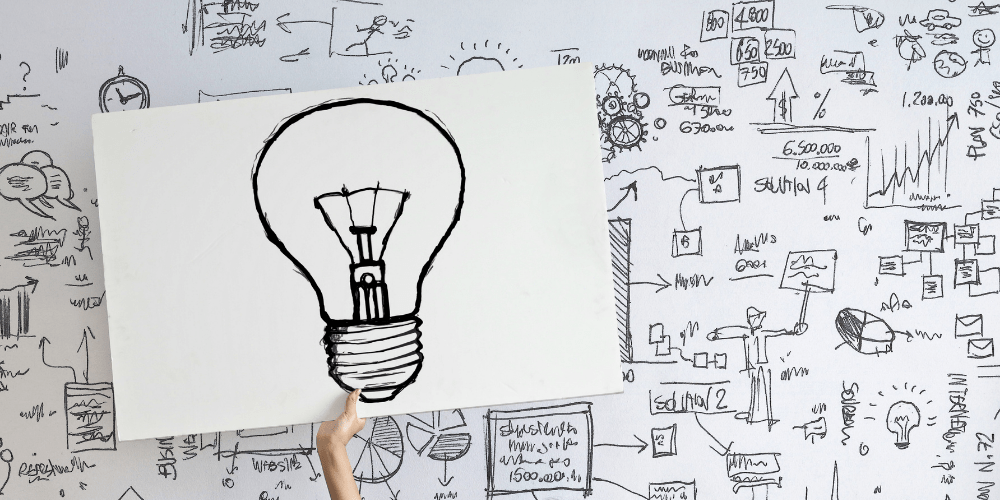Is contemporary education equipping us to live in harmony with the Earth and our fellow beings?
“We educators have to remember that formal education is only a very recent addition to a process of learning that has taken place over hundreds of thousands of years of human evolution. We must look for ways to connect learning as we see it with those much older roots.”
Robert L. Fried
What David Bohm, one of the most significant theoretical physicists of the 20th century, envisioned as a “new kind of intelligence” is in fact ancient. It’s the way our ancestors learned to live in the world before the world became so complex that we needed schools and teachers to interpret it for us.
We once experienced the world directly. Now we learn about it from a remote vantage point many times removed from it. What we’re required to know comes packed in layers of information that only teachers trained in countless diverse areas can decipher.
Knowledge has become so specialised that it can be transmitted only by a hierarchy of initiated intermediaries; in fact, most of us will never be able to acquire even a fraction of the knowledge that makes up our world. We’ve been cut off from our sources of knowing as surely as we’ve been severed from our spiritual guidance.
Tragically, this reinforces the boxes in our brains through which we perceive the world, intensifying our feeling of separation from All That Is.
“Our education has taught us to separate, to compartmentalise, to isolate and not to join notions together,” say Edgar Morin and Anne Brigitte Kern. “Therefore, it makes us conceive of our humanity as an island, outside the cosmos that surrounds us, outside the physical matter of which we are constituted.”
For Bohm, civilisation and the formal education that sustains it robbed us of our ability to perceive the “wholeness of existence.”
“In early times man’s activities were an undivided whole, in which art and science were not separate,” he explains. “Similarly, young children do not tend, of their own accord, to separate such activities. What happens is that they are gradually trained to think, feel, perceive and act in terms of this kind of separation (as happened to mankind in general with the growth of civilisation).”
Contemporary education serves the status quo. But is it equipping us to live in harmony with the Earth and our fellow beings? Is it helping us solve our most urgent problems, or is it simply perpetuating the old paradigm… and the old problems?
Confined by specialised straitjackets, our fragmented modern minds are simply too limited, their focus too narrow, to come up with anything but fragmentary solutions – which is undoubtedly why our problems are not only persisting, but growing. And it’s why many new thinkers are taking a closer look at old ways of learning.
We can’t not learn
Modern educators struggle to teach. But traditional people and the new science insist that we can’t not learn.
Watch a kitten, puppy, baby bird, or human child: They are driven by curiosity to know their world. Sometimes, their curiosity gets them in trouble – but if they manage to survive their more hazardous encounters with life, they always, inevitably, learn.
“The ability to learn [something new] is a principle common to the whole of humanity,” David Bohm says. “Thus, it is well known that a child learns to walk, to talk and to know his way around the world just by trying something and seeing what happens, then modifying what he does (or thinks) in accordance with what has actually happened. In this way, he spends his first few years in a wonderfully creative way, discovering all sorts of things that are new to him.
“As the child grows older, however, learning takes on a narrower meaning. In school, he learns by repetition to accumulate knowledge, so as to please the teacher and pass examinations.”
Education professor Robert L. Fried insists that the desire to learn “must surely be as strong as any impulse within the human soul. Children cannot not learn.”
Adults cannot not learn, either. Curiosity continues to drive human behaviour throughout life and, when unfettered, can lead the learner in unimagined directions.
Curiosity leads naturally to the kind of group interaction that produces collective intelligence. When people come together in curiosity rather than certainty, magic happens. Sources of deep wisdom are tapped; totally new ideas and solutions emerge.
“This permanent movement of searching creates a capacity for learning not only in order to adapt to the world but especially to intervene, to re-create and to transform it,” writes Paulo Freire. “Curiosity as restless questioning, as movement toward the revelation of something hidden, as a question verbalised or not, as search for clarity, as a moment of attention, suggestion and vigilance, constitutes an integral part of being alive. There could be no creativity without the curiosity that moves us and sets us patiently impatient before a world that we did not make, to add to it something of our own making.”
Good news, bad news
Discoveries in neurobiology confirm that we can’t not learn. Biologist Humberto Maturana showed that all living organisms become “structurally coupled” to their environment at a cellular level; we are ‘hard-wired’ to learn, easily, naturally and continuously.
“We have ignored for half a century or more the studies that show some 95 per cent of all a child’s learning or ‘structures of knowledge’ form automatically in direct response to interactions with the environment,” writes Joseph Chilton Pearce, “while only about five per cent form as a result of our verbal teaching or intellectual instruction.”
The good news is that we can learn everything we need to know in spite of what Freire calls “the banking system of education” in the industrialised world. The bad news is that some of what we’re “structurally coupling” to may end up threatening our eventual survival.
About the Author: Dery Dyer is former editor and publisher of Costa Rica’s award-winning English-language newspaper, The Tico Times, where she worked for over 40 years. She holds degrees in literature and journalism from U.S. and Costa Rican universities and has studied indigenous spirituality in many different parts of the world. She lives in Costa Rica.
The Return of Collective Intelligence by Dery Dyer 2019 Bear & Company. Printed with permission from the publisher, Inner Traditions International. http://www.InnerTraditions.com


